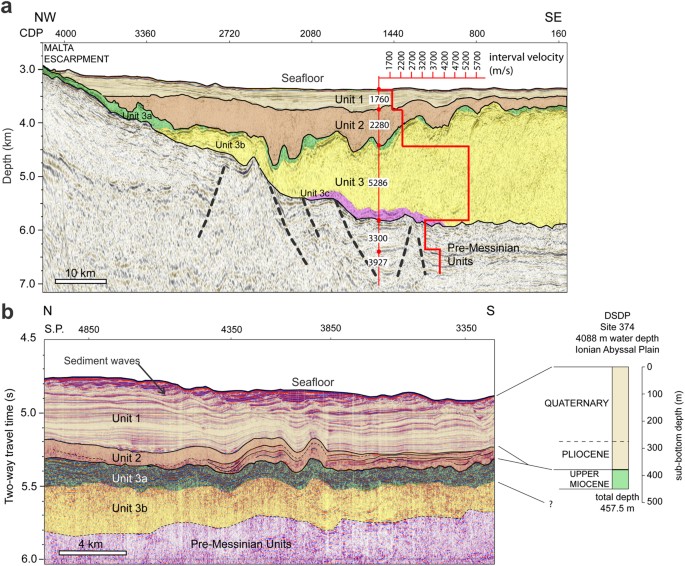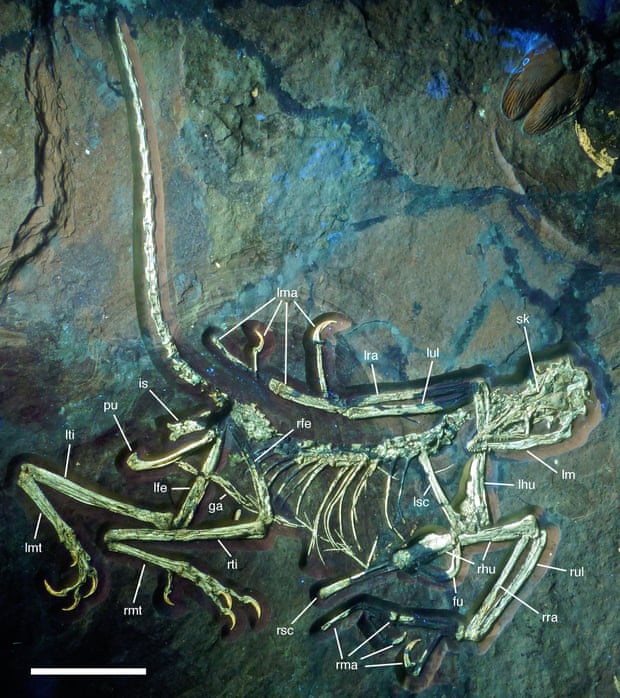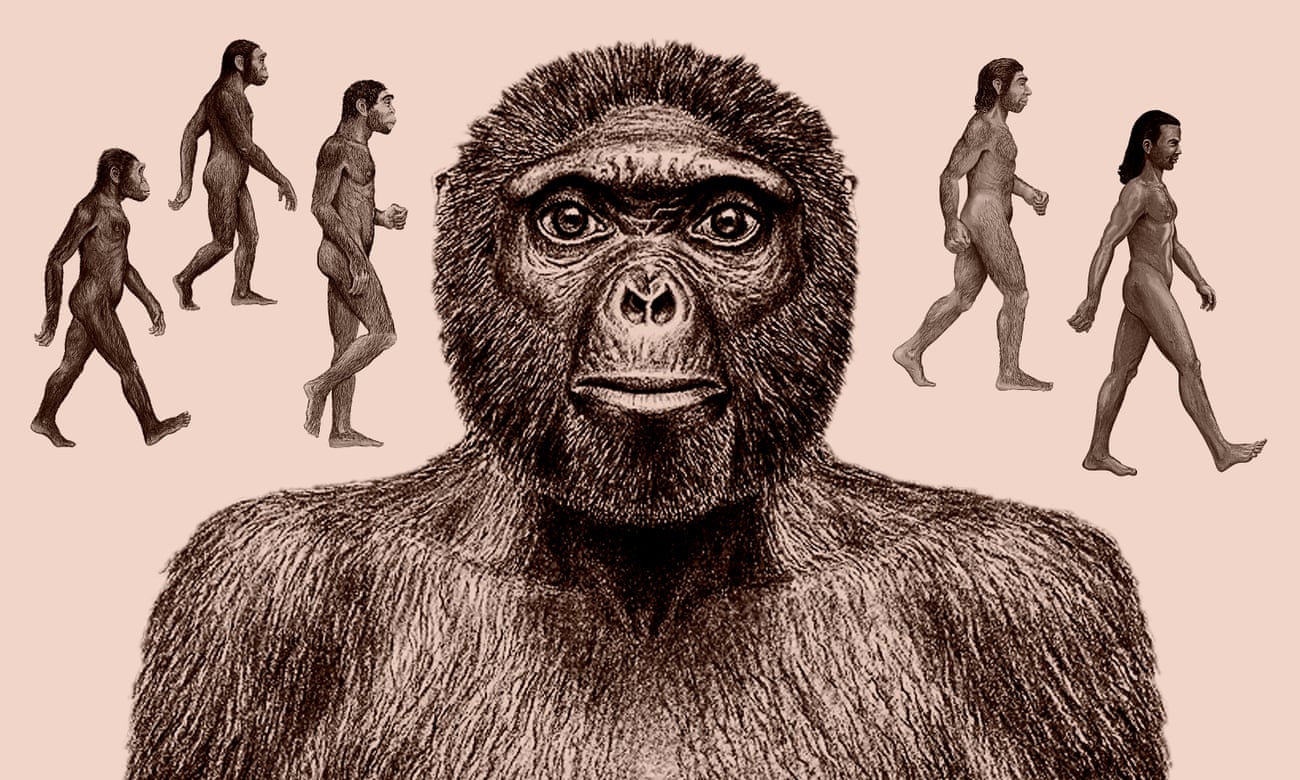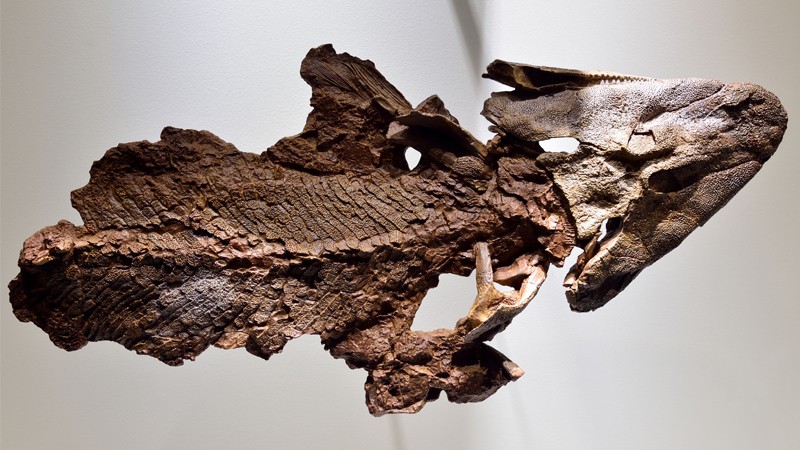Dave Green - Mountain Building
When
Thu, 22 February, 19:30 – 21:30
Where
The Chantry, Thornbury (map)
Description
This 10 week course aims to introduce you to the geological processes that produce mountains, mainly by the study of different examples, both past (e.g. the Caledonian and Variscan belts) and present (e.g. the Alps and Andes). This includes the classic collisional orogenies, such as the Himalayas, Urals and Pyrenees; the accretionary orogenies, such as Taiwan, the Southern Uplands and the Andes; but also mountain ranges produced by very different tectonic forces, such as the East African Highlands, the Cantabrian Range and the Scottish Highlands. Held at The Chantry, Thornbury. First meeting 7.30 – 9.30, Thurs 11th January until March 22nd (not Thurs 15th Feb) in the ?TBA Room.Cost £75
February 2018
Contact Dave Green, Joys Green Farm, Forge Hill, Lydbrook, Glos GL17 9QU Tel 01594 860858
davegeostudies@gmail.com
Here are some further details and a link to a formidable reading list!
Mountain Building
This 10 week course aims to introduce you to the geological processes that produce mountains, mainly by the study of different examples, both past (e.g. the Caledonian and Variscan belts) and present (e.g. the Alps and Andes). This includes the classic collisional orogenies, such as the Himalayas, Urals and Pyrenees; the accretionary orogenies, such as Taiwan, the Southern Uplands and the Andes; but also mountain ranges produced by very different tectonic forces, such as the East African Highlands, the Cantabrian Range and the Scottish Highlands. Held at The Chantry, Thornbury. First meeting 7.30 – 9.30, Thurs 11th January until April 12th (not Thurs 18th Jan, 15th Feb, 15th, 22nd March) in the ?TBA Room. Cost £75
Course Programme
Introduction and early ideas about the origins of mountain ranges
Plate Tectonics and an overview of the anatomy of a “typical” orogenic belt, in plan and in section. Tectonic zones, arcs and oroclines. Uplift and collapse.
Island Arc – continent orogenies such as Taiwan today and the Palaeozoic Grampian Highlands.
Andean (Cordilleran) mountain belts, such as the Andes, Rockies today or the Cadomian (Ediacaran-Cambrian) orogeny in the past
Continental Collision Zones, such as the Himalayas and Alps today, or the Caledonian (mid Palaeozoic) and late Palaeozoic Variscan belts.
Intracontinental orogenic belts, such as the Tienshan and Petermann belts today. The status of mountainous areas like Norway, the Cantabrian Range of Northern Spain and the East African Highlands.
Metamorphism and Plutonism in orogenic belts
Orogenic collapse, Channel Flow, Gneiss domes. The instability of Mountains.
Erosion and Exhumation of Orogenic Belts.
Historical change in the processes of mountain building, and the role of the supercontinent cycle
Useful Reading:
There is a [very good] text book exclusively about this subject “Orogenesis – the making of Mountains” by Michael Johnson and Simon Harley, published by Cambridge 2012.
A useful little book in the “Very Short Introduction“ series, published by Oxford 2015 is “Plate Tectonics” by Peter Molnar
Another useful book, not just for this course, is “The Making of Europe – a geological history” by Graham Park, published by Dunedin 2014.
In addition/alternatively, I enclose a dropbox link to various relevant books and articles, of varying degrees of accessibility:
https://www.dropbox.com/sh/gmamp2paomihg3e/AAC7WgJrU8K3UnbaHvwXmi0ba?dl=0





